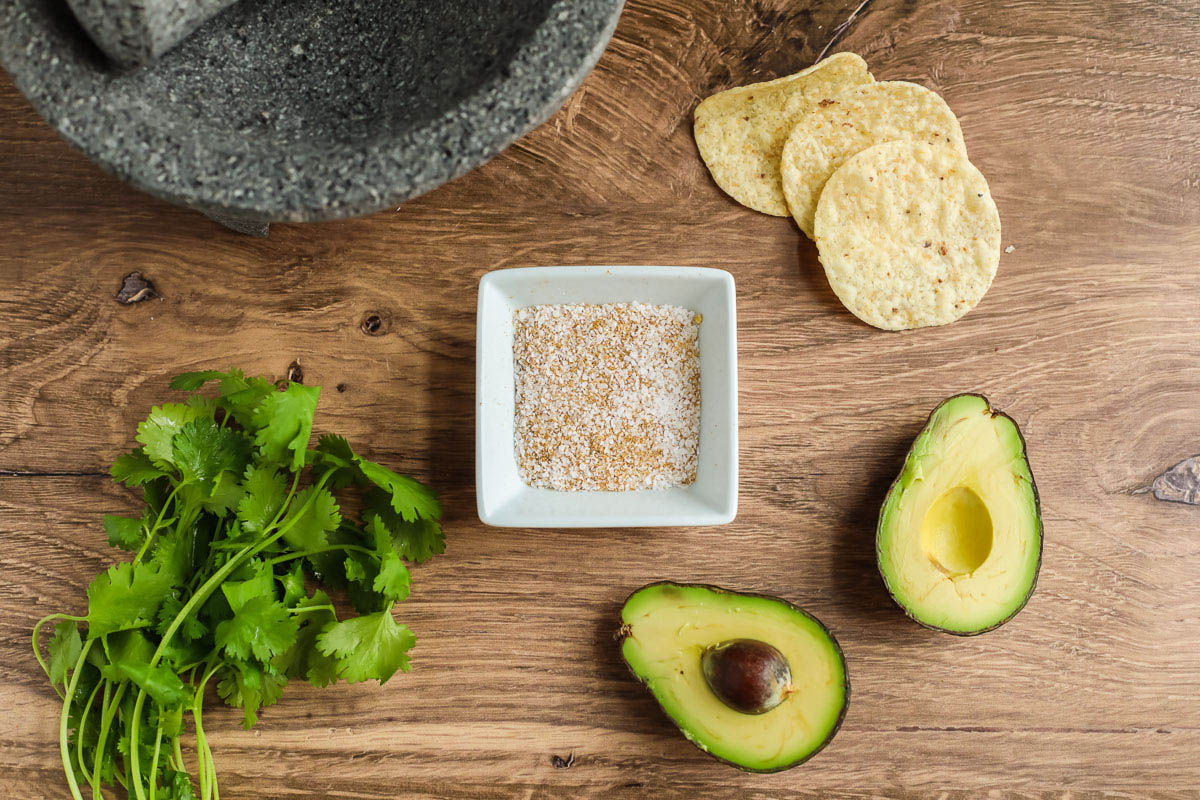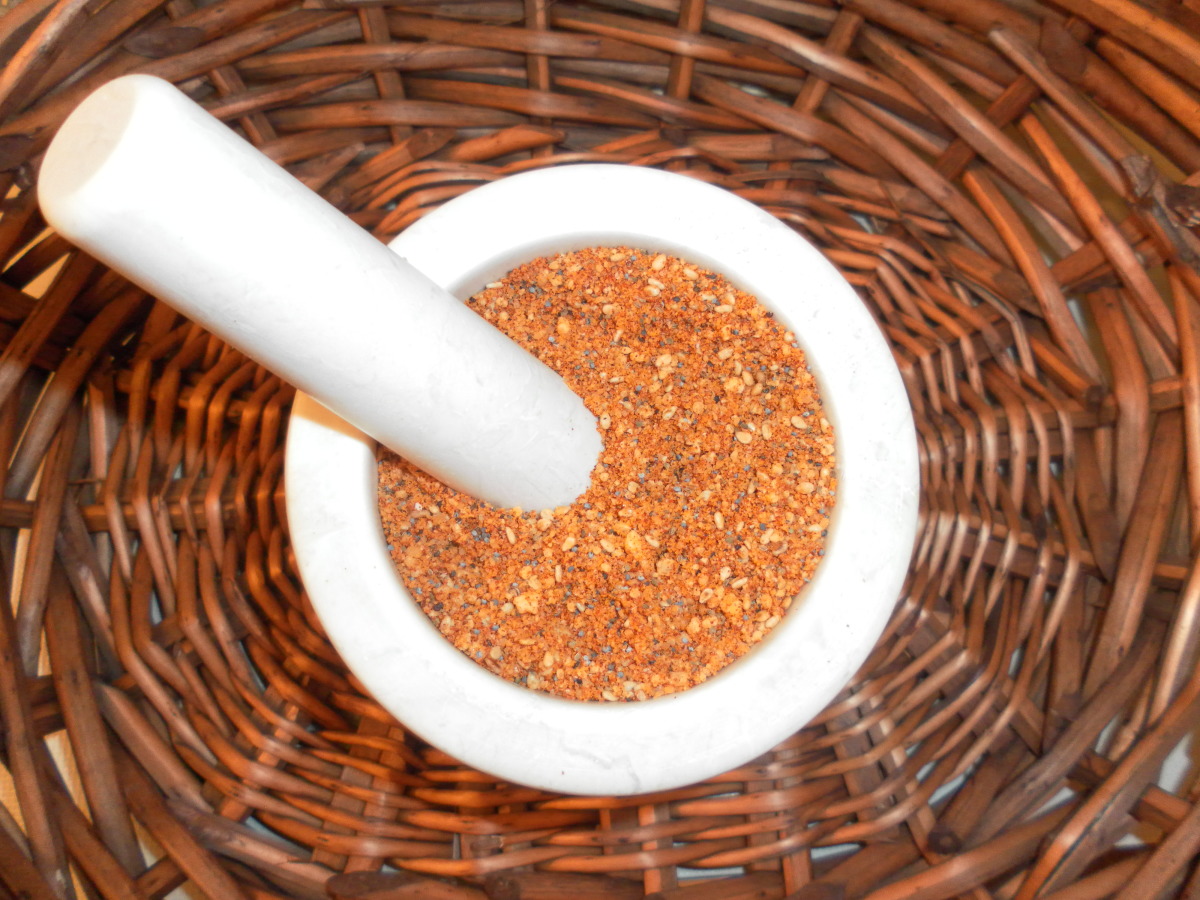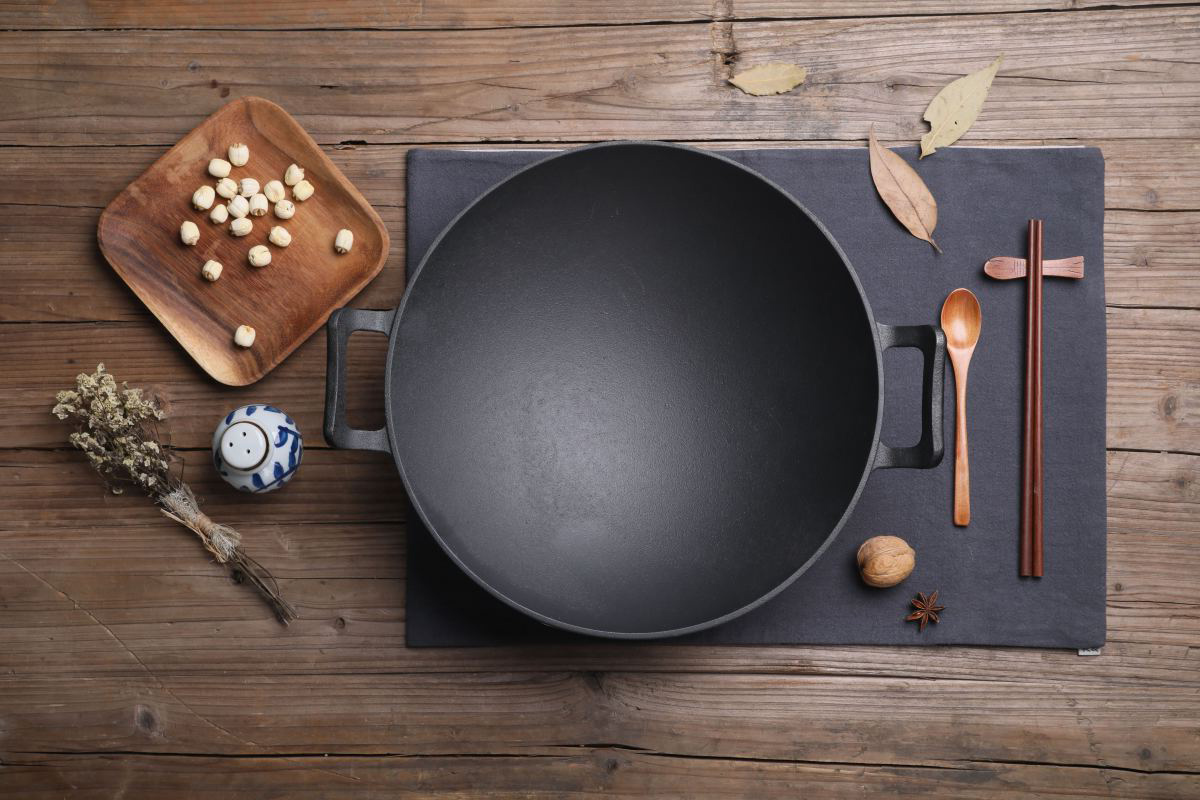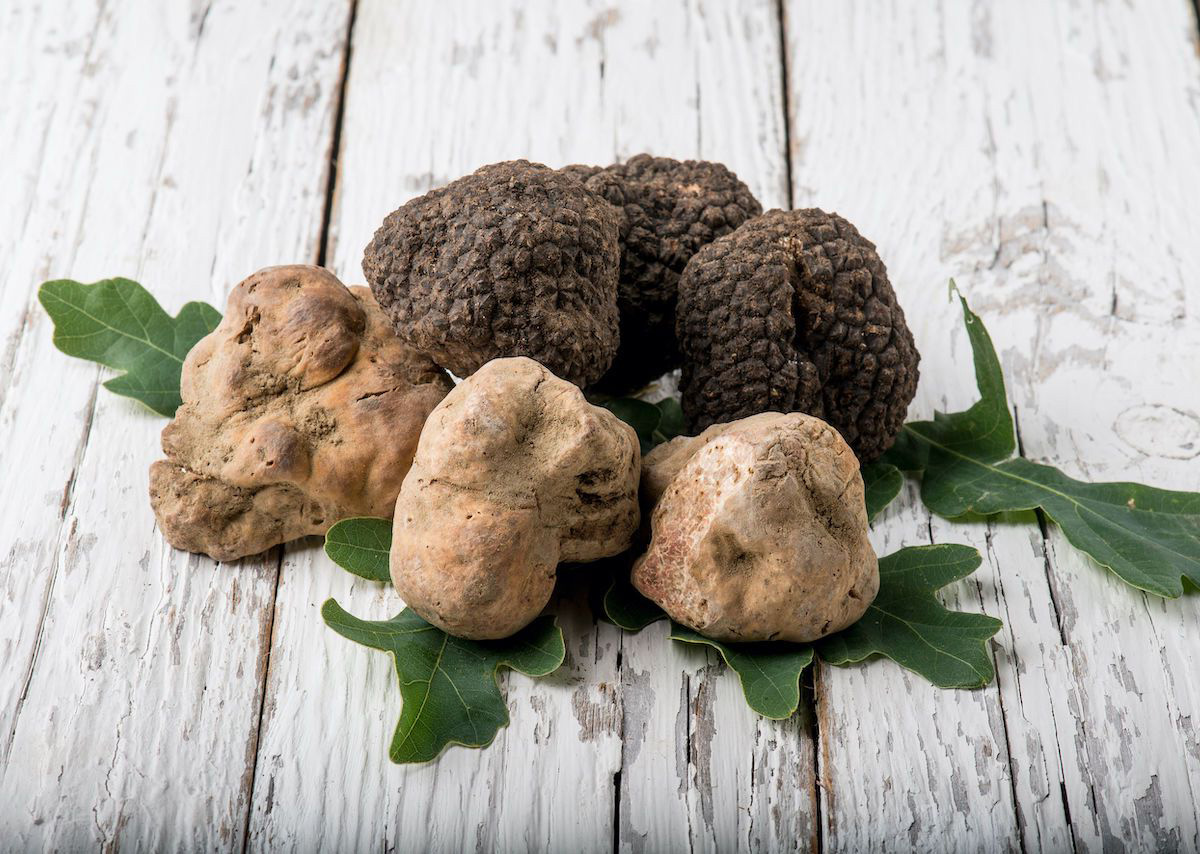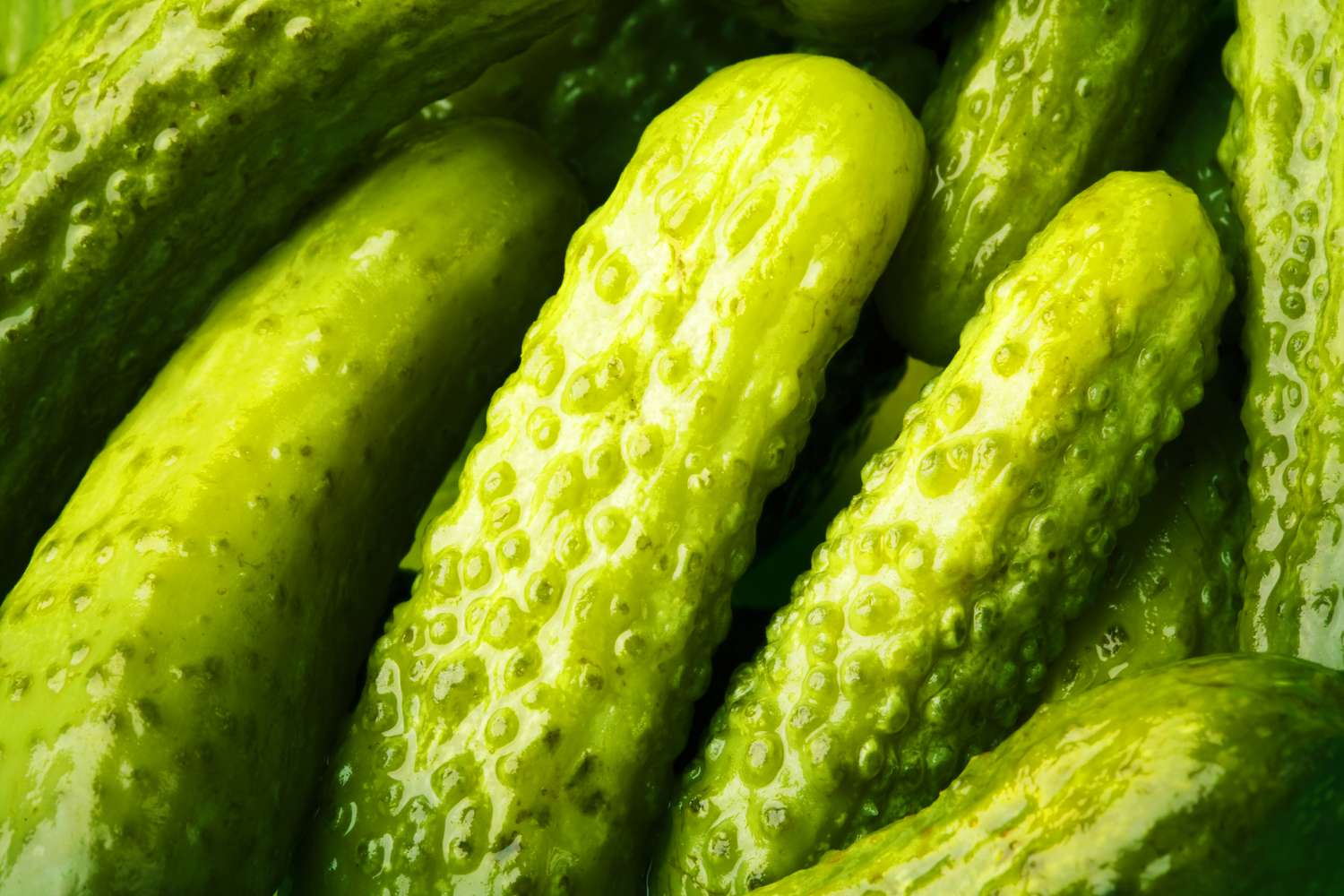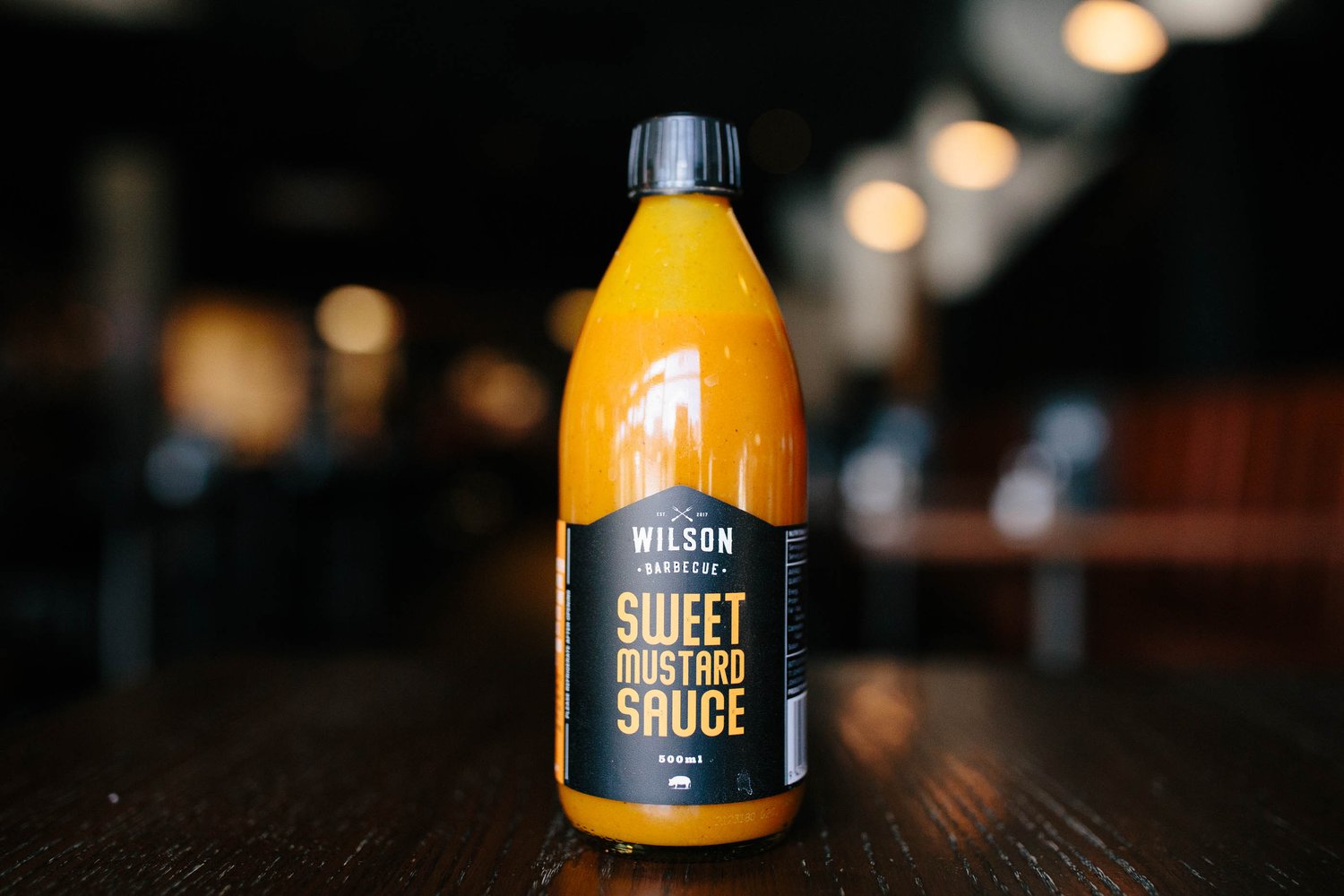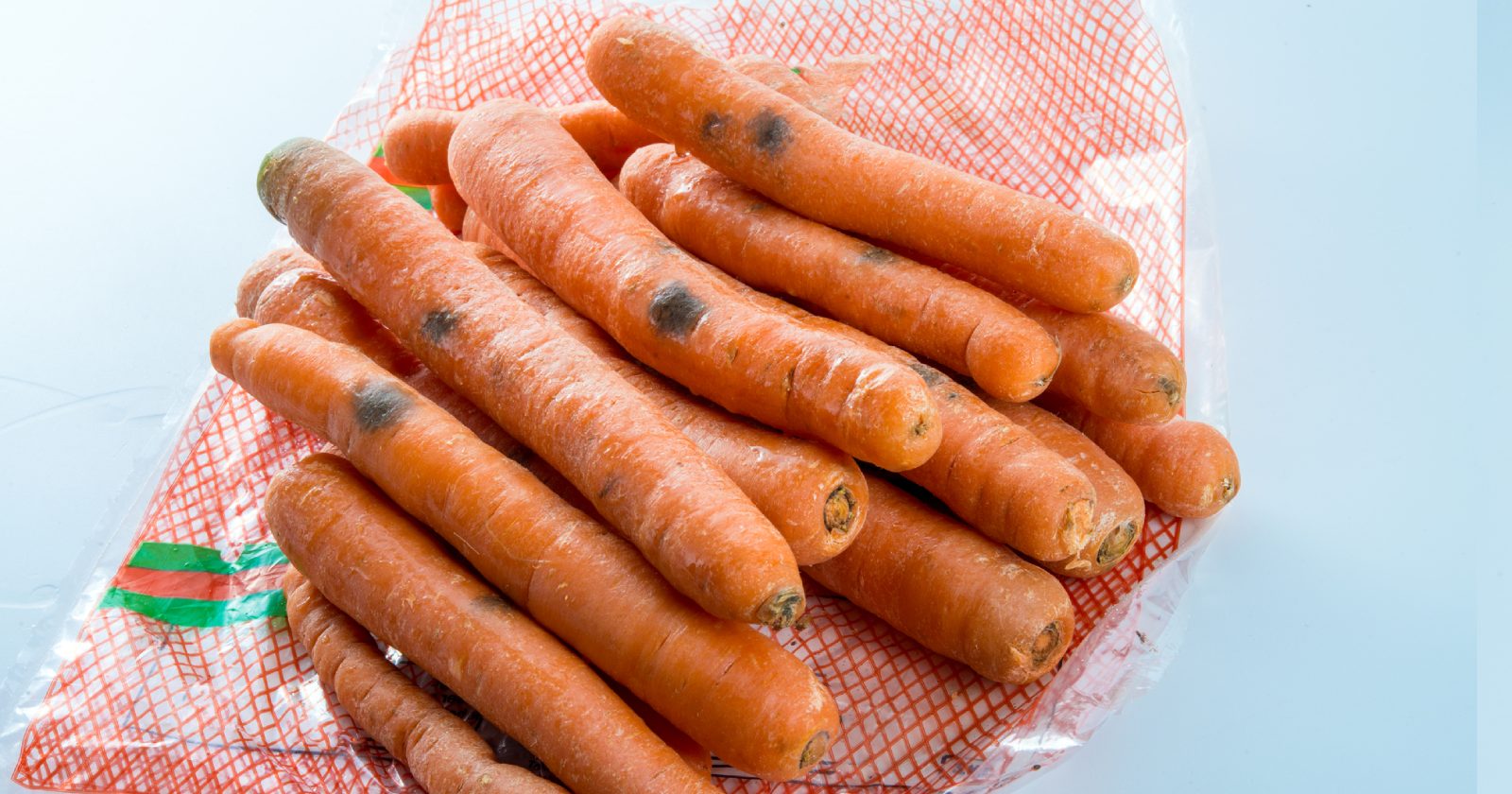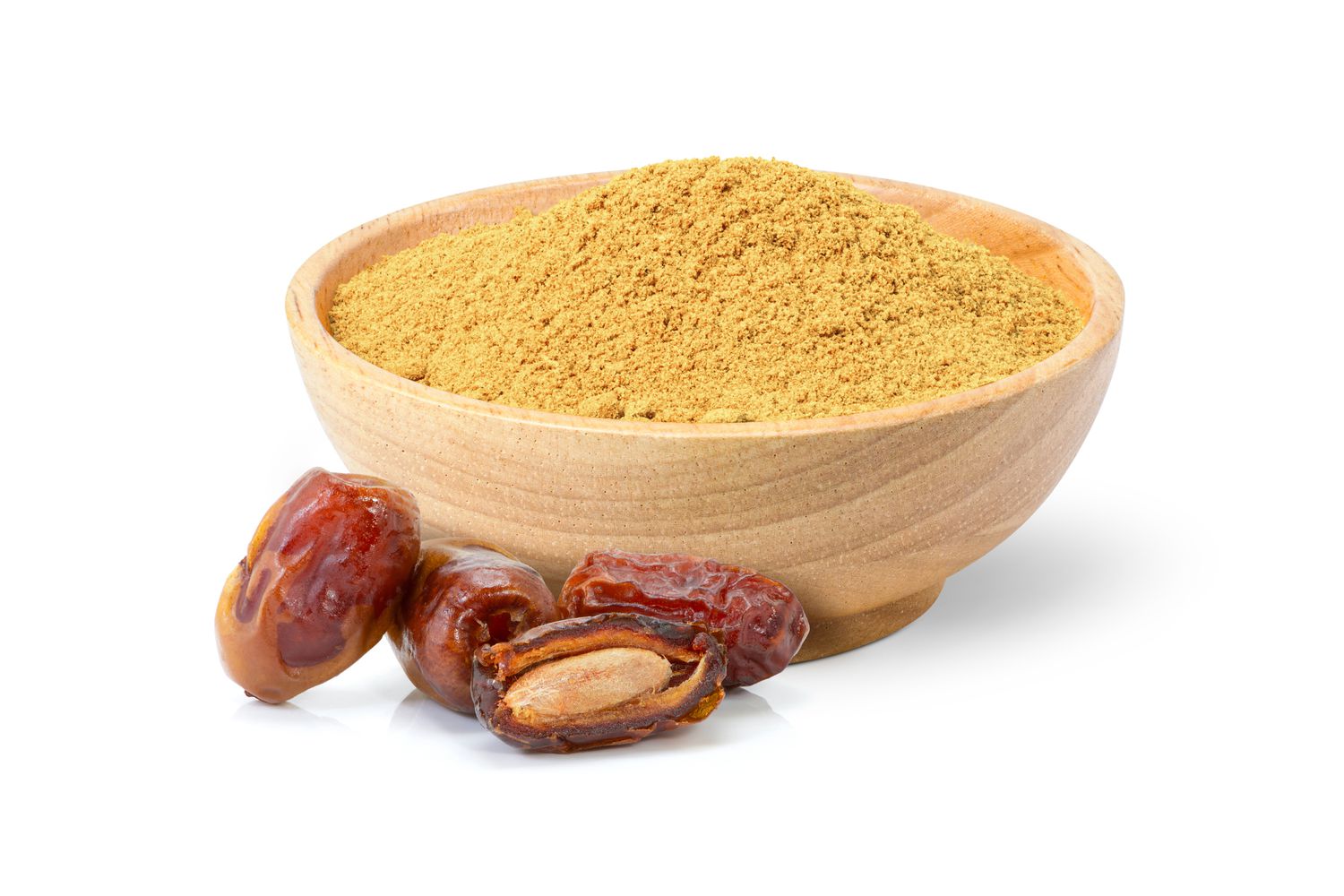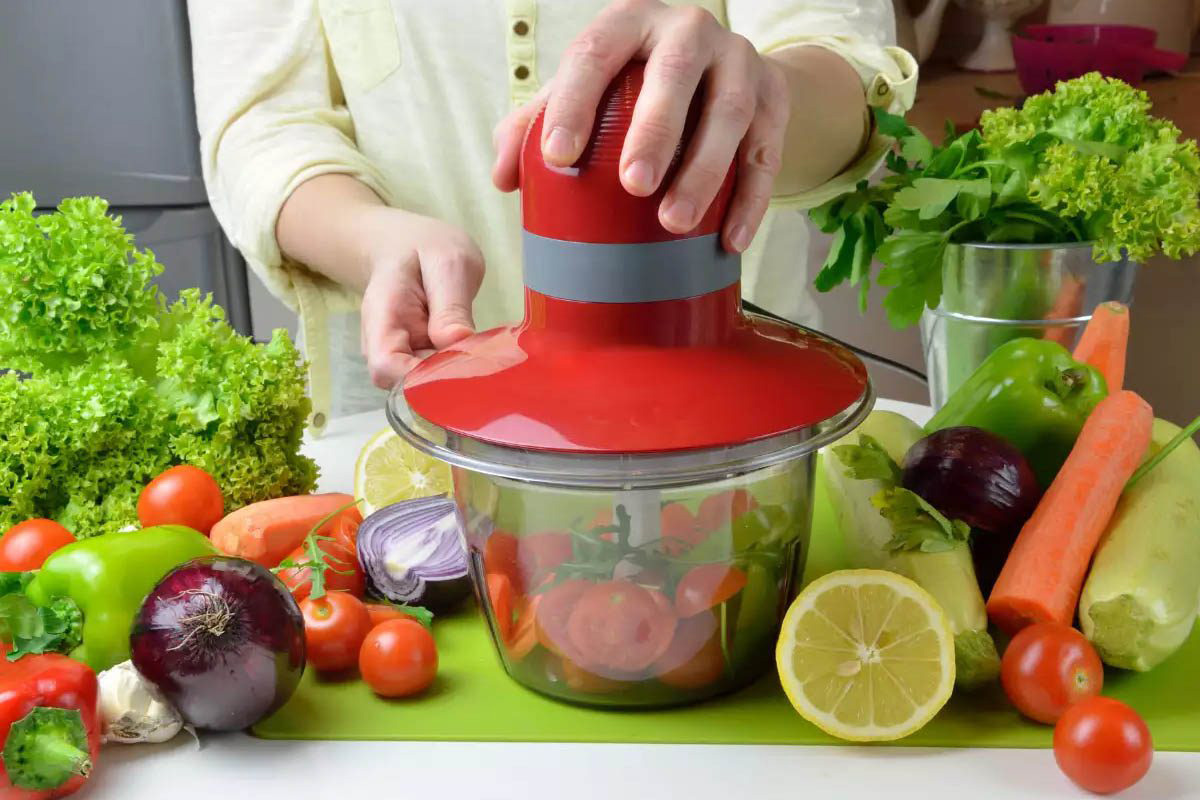When it comes to cooking and baking, there are many ingredients that are essential for achieving the perfect results. One such ingredient that is commonly used in various culinary applications is alum powder. But what exactly is alum powder and how is it used in cooking? In this article, we will explore the origins, uses, and benefits of alum powder in the kitchen.
What is Alum Powder?
Alum powder is a chemical compound that is commonly used in cooking and baking. It is a type of salt that is composed of aluminum and potassium. There are two main types of alum powder: potassium alum and ammonium alum. Potassium alum is the most commonly used type in cooking, while ammonium alum is often used in pickling and preserving.
Culinary Uses of Alum Powder
Alum powder has several culinary uses, making it a versatile ingredient in the kitchen. Some of the common uses of alum powder in cooking include:
-
Crispier Pickles: Alum powder is often used in pickling to help maintain the crispness of fruits and vegetables.
-
Firming Agent: It is used as a firming agent in certain types of foods, such as pickles and some fruits.
-
Baking Powder Substitute: In some traditional recipes, alum powder is used as a substitute for baking powder to help leaven the dough.
Benefits of Alum Powder in Cooking
Alum powder offers several benefits when used in cooking and baking:
-
Preservation: It helps in preserving pickles and fruits by maintaining their crispness and firmness.
-
Leavening Agent: When used as a substitute for baking powder, alum powder helps in leavening the dough, resulting in light and fluffy baked goods.
-
Enhanced Texture: It contributes to the texture of certain foods, providing a desirable firmness and crunchiness.
Safety Considerations
While alum powder is generally considered safe for culinary use, it is important to use it in moderation. Excessive consumption of alum powder can have adverse health effects, so it should be used sparingly and according to the recommended guidelines.
Where to Buy Alum Powder
Alum powder is readily available in most grocery stores and can also be purchased online. When buying alum powder, it is important to ensure that it is food-grade and suitable for culinary use.
In conclusion, alum powder is a versatile ingredient that offers several benefits in cooking and baking. From preserving pickles to enhancing the texture of baked goods, alum powder has earned its place in the kitchen. However, it is important to use it in moderation and according to the recommended guidelines to ensure its safe and effective use in culinary applications.
Was this page helpful?
Read Next: What Is Bread Pudding
